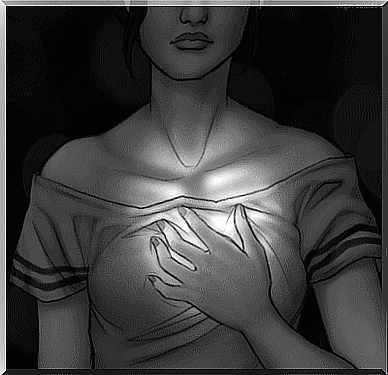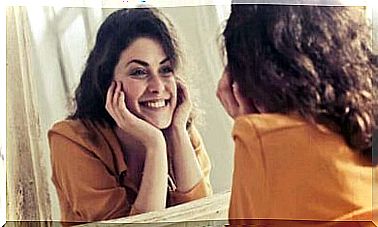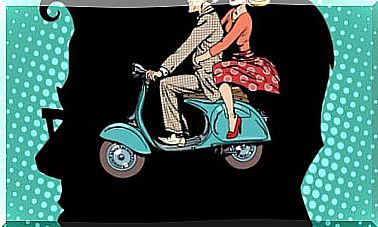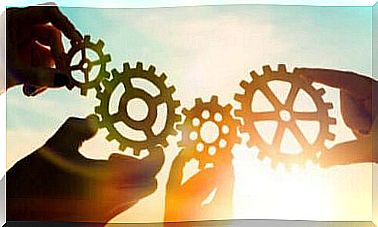They Call Me Selfish Because I Think Of Myself: I Call It “self-love “

There always comes a time in life when we turn the page.
We free ourselves from certain situations, things and even people which, far from offering us well-being, harm us.
This act of personal courage is seen by many as a reflection of selfishness, when in fact it is the triumph of self-love.
We must know that this psychological construct is often not well understood.
Traditionally, the idea of self-esteem is linked to a certain narcissistic component and to this individualistic egoism which seeks only self-benefit. But none of this is true.
There is a widely held idea among psychologists and emotional specialists that people, in general, are scholars in rational matters, but illiterate in emotional matters.
Suppressing what we feel is not healthy, as is not respecting or empathizing with the needs of those around us.
No one is selfish because he says “no”. No one should be stigmatized when they dare to turn the page and say “Stop”. We invite you here to think about this.

Lack of self-esteem feeds our fears
Lack of self-esteem feeds our fears and makes us more vulnerable. To better understand this idea, just step into the fascinating world of neuroscience.
According to a work carried out by the University of Darmouth (New Hampshire, United States), the area of our brain linked to self-esteem and self-esteem is the frontostriatal area.
The stronger the activation of this region, the more our self-esteem is.
There’s a misconception about this: People with high self-esteem and high self-esteem would almost always be the smartest and most successful.
That’s not true, or at least they’re two unrelated things.
In fact, the researchers are clear. The activity of the fronto-striatal area is a reflection of our emotional health: the lower the activity level, the more people have a risk of suffering from fears, insecurities and in the long term, depression.

From an emotional point of view, people who do not listen to themselves and who do not value themselves as they should seek others to do so, in order to fill these deficiencies in “assertiveness”.
They need very intense recognition and affection.
Far from “supplying” themselves with a good dose of self-esteem, they remain prisoners of the wills of others, and this marks the beginning of a slow self-destruction.
The subtle link between self-esteem and self-esteem
Sometimes we fall for the idea that it is better to listen to the needs of others rather than your own.
This is due to the educational models and the various environments or people, capable of jeopardizing our self-esteem.
Worst of all, this outward conditioning causes us to come to need the recognition of others in order to regain our emotional stability.
All of this will cause us to move forward so broken and fragmented that we will need to “dress” ourselves even more with the values of others, the rules and beliefs of those around us until we are completely frayed… Empty.
We will tell you how to avoid this.

How do we “ignite” our self-esteem?
Faced with a self-esteemed wounded person, nothing better than to become aware of this wound, of this fracture which has disconnected us, above all, from ourselves.
- Practice emotional compensation: The consolations for all your fears, the questions to your voids, and the relief for your sorrows are not always outside of you or in those around you.
You have to find your own emotional compensation. The love that can help you in these cases is undoubtedly self-love.
- To turn on the switch of our self-esteem, we have to think of something: to please until exhaustion, and doing it every day can end up destroying us.
It is not real, nor healthy. No one is selfish or cynical because he says what he thinks, because he practices the sincerity that comes from respect and which sets limits to protect himself.
- To raise self-esteem and have good self-esteem, we need to see ourselves as courageous people.
Some results don’t determine who you are, what determines you is how well you are able to recover from setbacks.

So instead of comparing yourself to others and letting their nasty reviews affect you, don’t stop nurturing that loving bond with yourself .
Because as Jiddu Krishnamurti said, the religion of all people should simply be the act of knowing how to love oneself.









